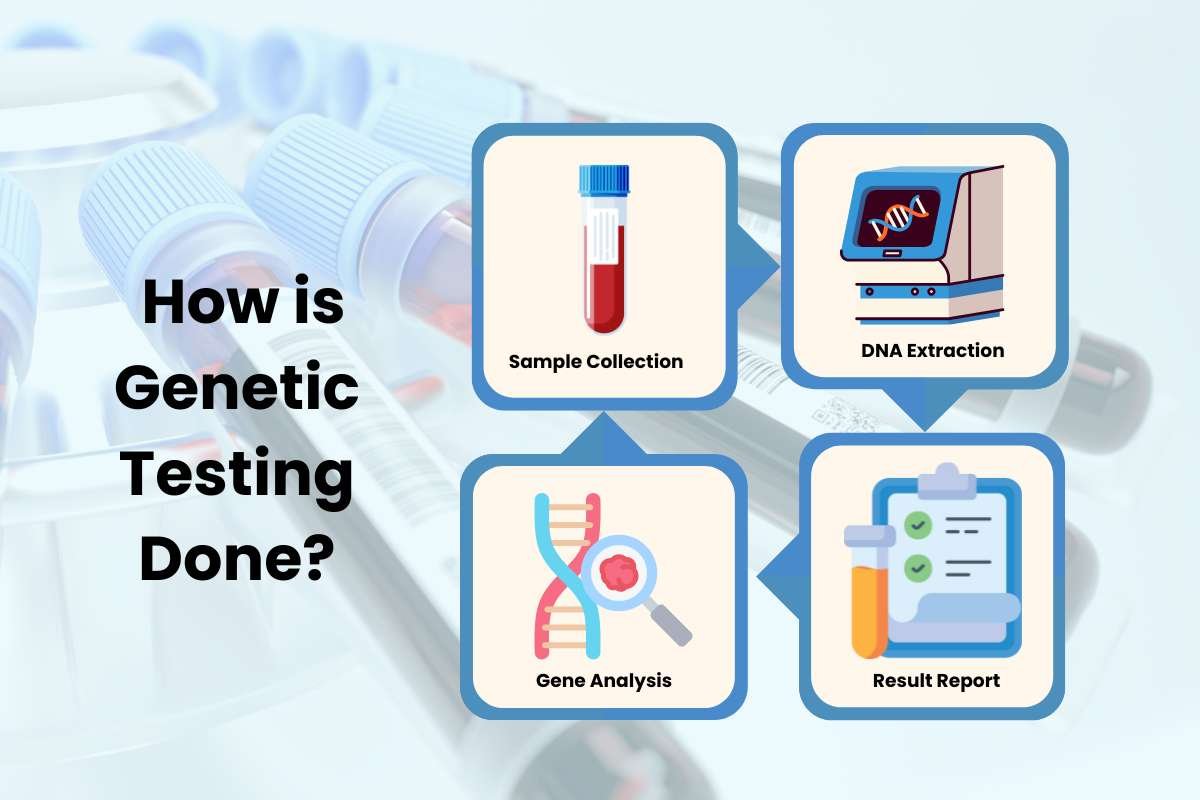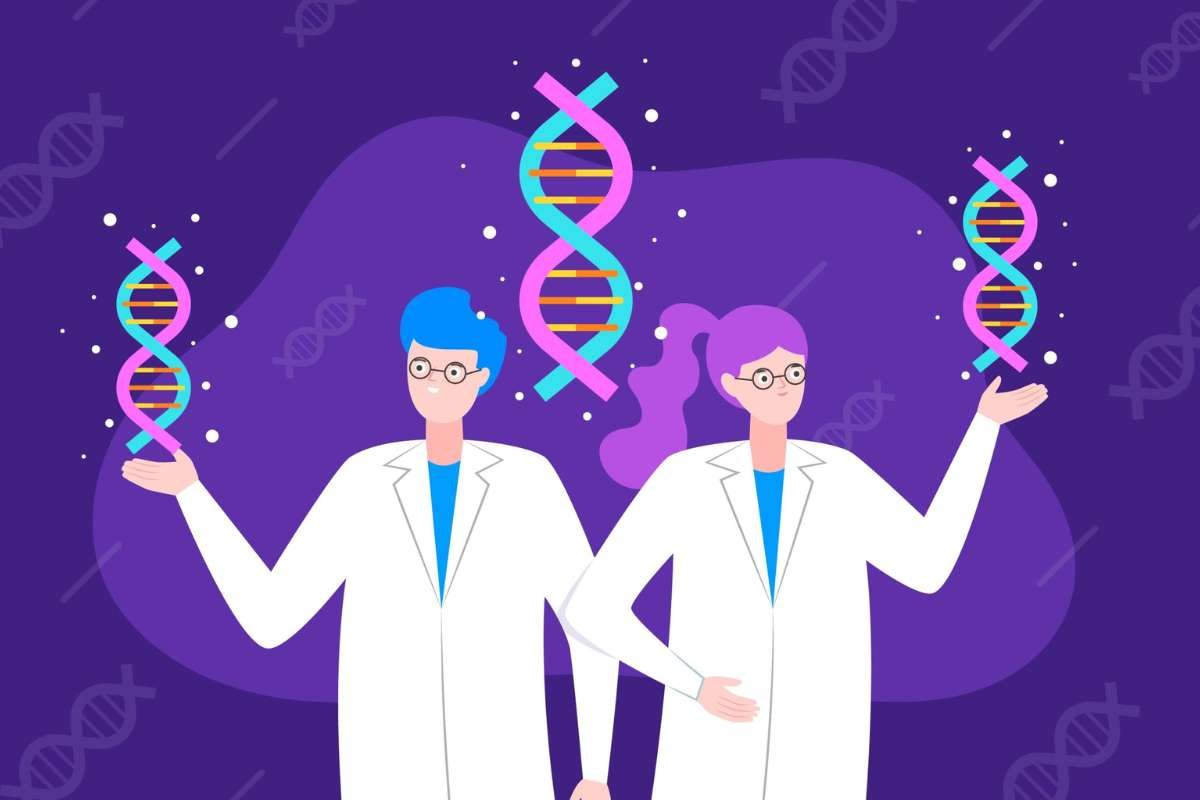Things to Know Before You Go for Genetic Testing
Things to Know Before You Go for Genetic Testing
Blog Article
Things to Know Before You Go for Genetic Testing
This article takes you on a journey through a medical tool that is changing lives. It breaks down how it works, who should consider it, and why it’s becoming more common in everyday healthcare. You will also read real examples that show its impact in real life.

- Source: Image by jarun011 from Getty Images
Have you ever wondered what your DNA can tell you about your health or your future? Genetic Testing is a way to find answers that were once impossible to know. Whether you want to learn about inherited conditions or make better health choices, this guide will help you understand this testing most simply. If you are thinking about your family’s health or your own, keep reading. This article is for you.
What is Genetic Testing?
Genetic Testing is a medical test that looks at your DNA, the instruction book of your body. It helps doctors find changes or mutations in your genes that may lead to disease. Each person has about 20,000 genes. These genes are passed down from parents and control everything from eye color to disease risks.
People use this testing to check for inherited diseases, find the cause of symptoms, or even plan for children. It plays a big role in modern healthcare by giving early warnings and helping create better treatment plans.
How is Genetic Testing Done?

- Sample Collection: A doctor or lab technician collects a sample of your body cells.
- DNA Extraction: The sample goes to a lab where DNA is pulled out of the cells.
- Gene Analysis: Special machines read the DNA and look for changes or mutations.
- Result Report: You or your doctor receives a report that explains what was found.
The entire process can take anywhere from a few days to several weeks, depending on the type of test being administered.
What Kinds of Genetic Testing Are There?
Different tests serve different purposes. Here are some common types of Genetic Testing:

- Diagnostic Testing
- Used when someone shows symptoms of a condition. It confirms or rules out genetic diseases.
- Predictive and Pre-symptomatic Testing
- These tests check if a person is at risk of developing a disease before any symptoms appear. For example, testing for BRCA1 or BRCA2 gene mutations can show breast cancer risk.
- copyright Testing
- This type checks if a person carries a gene for a disease they don’t have. It’s useful for couples planning to have children.
- Prenatal Testing
- Done during pregnancy, this test can detect genetic problems in the fetus, like Down syndrome.
- Newborn Screening
- Hospitals use this test right after birth to find genetic disorders early.
- Pharmacogenomic Testing
- Helps doctors choose the best drugs based on your genes. Some drugs work better or cause fewer side effects depending on your genetic makeup.
What can this testing find?
Genetic Testing reveals a wide range of information, including:
- Inherited diseases like cystic fibrosis, sickle cell anemia, and Huntington’s disease.
- Risk for diseases such as breast cancer, colon cancer, or Alzheimer’s.
- Reactions to certain medications.
- Gene mutations that may affect children.
- Traits related to ancestry and ethnic background.
It’s important to understand that a positive test doesn’t always mean you will get the disease. It only shows that your risk is higher than normal.
Real-Life Cases and Verified Sources
These examples show how Genetic Testing is not just science; it saves lives.
Case 1: Angelina Jolie’s Preventive Surgery

Case 2: Baby Born Healthy Due to Prenatal Testing
A study published in Nature Genetics described a case where prenatal testing identified a rare gene disorder early. The baby received special care from birth and avoided complications that could have led to severe health issues.
Case 3: 23andMe and Parkinson’s Risk
According to the FDA, 23andMe’s test can detect a variant in the LRRK2 gene, which increases Parkinson’s disease risk. This helps individuals start early health monitoring.
Case 4: Pharmacogenomic Testing in Cancer
A research paper in The Lancet Oncology explained how Genetic Testing helped personalize treatment for lung cancer patients. Doctors identified mutations in the EGFR gene and chose targeted therapy, increasing survival rates.
Who Should Consider Genetic Testing?

- People with a family history of genetic disorders.
- Couples are trying to have children.
- Pregnant women are concerned about inherited diseases.
- Individuals with early signs of a hereditary illness.
- Patients are looking for personalized medicine options.
A medical professional can help decide if Genetic Testing is right for you.
Pros and Cons of Genetic Testing
Like any medical tool, this testing comes with benefits and risks.
Pros:
- Early detection of disease risks.
- Informed decisions about health.
- Personalized treatment plans.
- Better family planning.
Cons:
- Emotional stress from test results.
- Privacy concerns.
- High costs for some advanced tests.
- Possibility of false positives or uncertain findings.
It’s important to talk to a genetic counselor before and after the test to fully understand the results.
How Accurate is Genetic Testing?
Most Genetic Testing methods are highly accurate. However, no test is perfect. The accuracy depends on the quality of the lab and the specific test type. For example, clinical-grade tests used by doctors have an accuracy rate of up to 99.9%. On the other hand, at-home test kits like 23andMe are useful but not a substitute for medical advice.
Cost of Genetic Testing
The cost varies based on the test and where you take it. Here’s a simple breakdown:
- Basic ancestry test: $100-$200
- copyright screening: $300-$500
- Prenatal testing: $1,000-$2,000
- Cancer gene panel: $2,000-$4,000
Many health insurance plans cover this testing if recommended by a doctor. Always check with your provider.
Privacy and Ethical Concerns

- Who will see my test results?
- Will my information be shared with insurance or employers?
- Can I delete my data later?
Ethical concerns also include the use of genetic data in research and potential discrimination. In the U.S., the Genetic Information Nondiscrimination Act (GINA) prevents misuse of genetic data in jobs or health insurance.
Also Read:
- Decoding Genetics: Exploring Examples of Single Gene Disorders
- Genomics vs Genetics: Unraveling the Mystery of Life’s Blueprint
- Unraveling the Genetic Tapestry: Understanding and Navigating Genetic Disorders
The Future of Genetic Testing
The future looks promising. Here are a few advancements on the horizon:
- CRISPR Gene Editing: May allow doctors to fix faulty genes.
- Whole Genome Sequencing: Becoming faster and cheaper. Soon, everyone may know their full genetic code.
- AI Integration: Machines are helping doctors understand complex genetic patterns to predict diseases earlier.
As technology grows, Genetic Testing will likely become a regular part of healthcare check-ups.
Conclusion
Genetic Testing is a powerful tool that brings clarity, confidence, and control over health choices. It helps detect problems before they begin, guide treatments, and even give peace of mind. But it also raises questions that require careful thought.
Whether you are curious about your ancestry, planning a family, or managing health risks, Genetic Testing can give you important answers. Always consult a medical professional and a genetic counselor to make the most of your test.